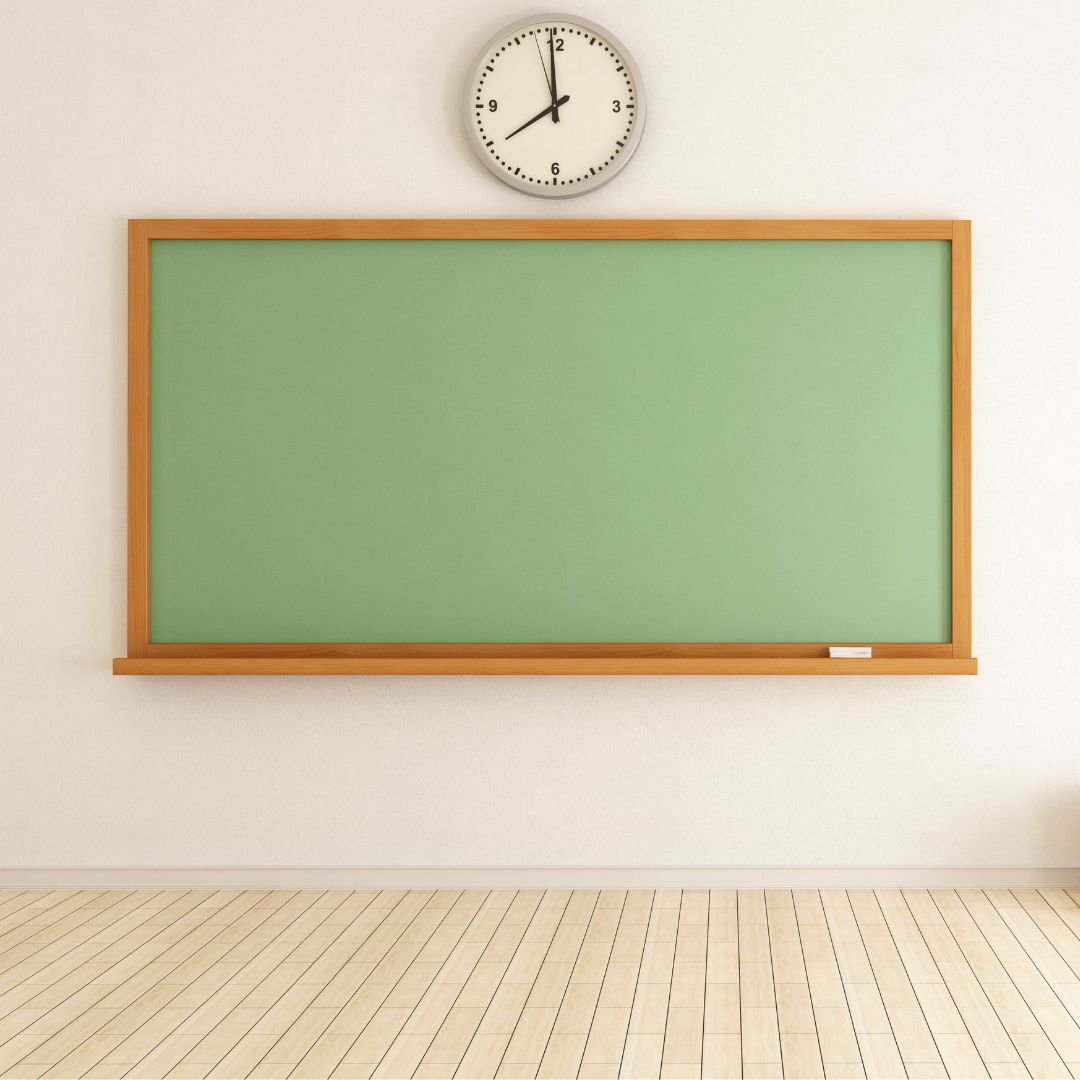Some days it can feel like your ADHD child has a vendetta against you.
You tell them to go out…they go in.
You say stop…they go.
You ask them to start their homework, and they look at you and turn on the television.
It can feel downright infuriating when our kids show defiance and go against our warnings or directions. And it can make you question whether you are even a good parent.
First, let’s normalize this: you are not alone! Defiance is one of the most common challenges faced by parents and teachers of children with ADHD. As a psychologist, whenever a parent tells me their child is defiant, I always try to dig deeper to find out why?
The truth is that defiance is often a symptom of a more significant problem for the child or their environment.
Today, I share four possible reasons for defiance in children with ADHD.

1) Executive functioning differences
I remember testing a young girl and asking her to complete some math facts quickly for 1 minute. After I gave her the instruction, she began yelling, “No, I can’t. I can’t pay attention.” It was towards the end of a long testing day, and I could tell from her fidgety behaviors and distractibility that this statement was absolutely true. Fortunately, this sweet girl could vocalize that she just didn’t have it in her to focus for one more minute. However, not all of our kids tell us when their focus has hit the limit. Instead, you might see arguing, avoiding, and negotiating.
The same can be true for executive functioning skills like organization and planning. Have you ever asked your child to clean up their room, and they immediately melted down, saying they couldn’t? I know this is a common problem in my house. Usually, if I break down those large requests into more manageable, smaller tasks and provide a little assistance in getting started, I see less defiance. Sometimes our kids are just overwhelmed and don’t have the skills needed to complete a task that, to us, seems pretty simple.
2) Learning differences
If I had a nickel for every time I heard a child with dyslexia (a specific learning disorder in reading) labeled as lazy or defiant, I would be a rich woman. I remember the sweetest boy who was in middle school. He had dyslexia and was reading/writing at around a 1st-grade level. His teacher had asked him to write a sentence in his general education classroom, but he refused. In talking with him, he stated that he was so embarrassed to write because he couldn’t spell any words and feared his friends would judge him. He was defiant because he struggled academically and did not want others to see him.
By making some accommodations in the classroom, he could turn in work differently so that he didn’t have to worry about judgment from other kids in his classroom. Your ADHD child wants to do well if they can!
3) Anxiety
I remember when my daughter first started kindergarten, she refused to leave me and walk through the gate. She clung to me, cried, and said no! Was she being defiant? Well, technically, yes, because she was doing the opposite of what I asked. Was it because she just wanted to be naughty? Absolutely not. She was just terrified. When our kids are anxious, their body goes into fight or flight. I have seen some older children try to run off campus when they arrive at school or hit staff when they try to force them out of their car. These kids are often labeled as defiant and aggressive.
Underlying this defiance, though, is an anxious child trying desperately to avoid a situation that is causing them anxiety and complete panic. We all (adults and kids) will try to avoid situations when we feel anxious. It is our body’s way of protecting us from perceived or real danger. So if you see your ADHD child becoming defiant, check in to see what or why they might be avoiding.
4) Too much punishment/not enough connection
Have you ever spent the day doing laundry and cleaning the house, only to have your partner come home and complain that the dishes are piled up in the sink? I don’t know about you, but when my husband starts to correct me at home, I become defensive and a little (ok, a LOT) irritated! The same is true for your ADHD child. The research shows that children with ADHD receive much higher correction rates than their peers. And that high correction rate and negative feedback can make kids feel defensive and angry. We can counteract this by increasing positive time spent connecting with our kids and noticing/praising what they do well. Just a little connection can go a long way!
Do you see any of these factors in your ADHD child? Are there ones we missed? Tell us about it in the comments, or connect with us on social media. We would love to walk with you on this journey, encouraging and reminding you that you are never alone!
Tools for parenting your ADHD child
If you want more tools and strategies for parenting ADHD, check out our course, Creating Calm.
We have an entire module dedicated to increasing connection with your child and another module to help you create a personalized, simple system to help you find ways to address those challenging misbehaviors effectively. Trust us; you need this!
Have a beautiful week,
Lori, Katie, and Mallory

Disclaimer: The contents of this site are opinions of The Childhood Collective PLLC partners unless otherwise noted. The information on this site is not intended to diagnose, treat, or prevent any type of medical condition and is not intended as personalized medical/psychological advice. Any decision you make regarding you and your family’s health and medical treatments should be made with a qualified healthcare provider.






We are struggling. Our son has become completely defiant at school and refuses to do school work and anything to do with writing. It all made sense once he was diagnosed with ADHD – we used your guide for accommodations and set a 504 plan but it doesn’t seem to be working because he still is not completing any work and is doing pages and pages of class work he did not finish at home – along with his homework. We don’t know what to do anymore. Please help.
Hi there! I am so sorry! That sounds like a really challenging situation for your son. I am so glad our guide helped you with the plan. We can’t give any specifics on your situation; however, our online course, Shining at School, offers a number of strategies and ways to troubleshoot those particular challenges if you are not seeing progress with just accommodations. You can learn more about that here: https://thechildhoodcollective.com/adhd-at-school.